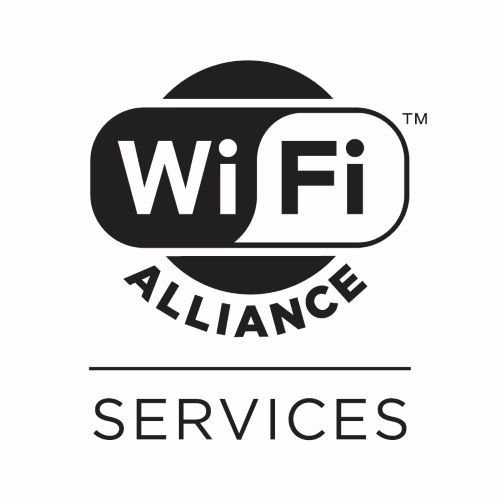FCC conditionally approves AFC systems for 6 GHz Wi-Fi operation
November 3, 2022 - The Federal Communications Commission’s (FCC) Office of Engineering and Technology announced the conditional approval of thirteen proposed automated frequency coordination (AFC) database systems in preparation for the testing phase of 6 GHz Wi-Fi operations.
AFC is a spectrum use coordination system designed to mitigate interference in the 6 GHz band between unlicensed Wi-Fi 6E and 7 devices and the licensed users already occupying that band. It resembles similar systems in place such as the one that supports CBRS wireless operation.
Because the 6 GHz band was already occupied by incumbent users, the FCC imposed significant restrictions on the Wi-Fi devices looking to transmit in this band. To avoid potential interference with existing 6 GHz incumbents, the FCC defined two types of device classifications with different transmit power rules for Wi-Fi devices operating on the band: low-power access points (APs) for indoor Wi-Fi and standard-power APs that can be used indoors and outdoors.
However, automated frequency coordination will bring the flexibility and the range of Wi-Fi in the 5 GHz band, but with 6 GHz performance. “The FCC’s recent rule changes expanded unlicensed use in the 5.925-6.425 GHz and 6.525-6.875 GHz portions of the 6 GHz band to allow standard-power devices under the control of an AFC,” stated the FCC.
In a previous conversation with RCR Wireless News, Chris Szymanski, director of product marketing for Broadcom’s Mobile Connectivity Division said AFC brings “the best of both worlds” by protecting incumbent license holders while allowing Wi-Fi devices tp operate at maximum performance. He said that AFC will boost AP power by 63 times in 6 GHz. “We can do so much with that sort of power in terms of range, throughput and resiliency. Nothing trumps power,” he added.
Specifically, the FCC approved automated frequency coordination systems proposed by Broadcom, Google, Comsearch, Sony Group, Kyrio, Key Bridge Wireless, Nokia Innovations, Federated Wireless, Wireless Broadband Alliance, Wi-Fi Alliance (WFA), Qualcomm, Plume Design and RED Technologies.
The testing process for those looking to move forward with their AFC system will include both lab testing and an opportunity for public testing, and each applicant will be required to make its system available for a specified period of time to provide an opportunity for members of the public to test each AFC system’s functionality.
“American businesses and households rely on Wi-Fi for work, school, access to healthcare, and connecting with friends and family,” said FCC Chairwoman Jessica Rosenworcel. “We are moving forward on our plan to open doors for next generation, faster, better Wi-Fi — including Wi-Fi 6E and laying the groundwork for Wi-Fi 7. This is good news and real progress.”
